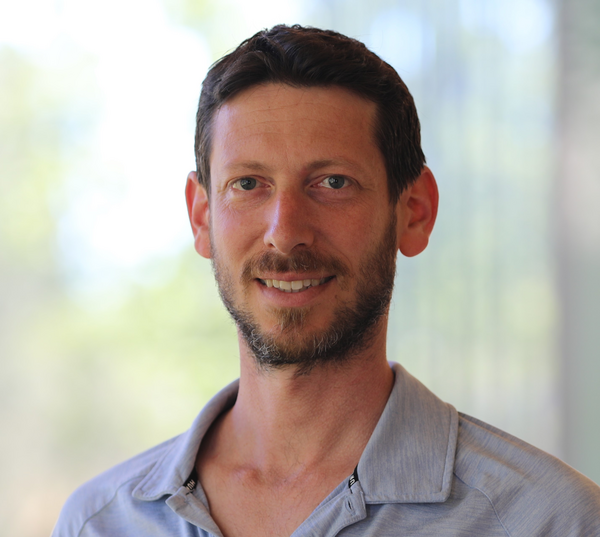
Special Seminar: "A universal quantum processor with ancilla-based readout for optical clock qubits," Ran Finkelstein, CalTech
- Event Type
- Seminar/Symposium
- Sponsor
- Physics
- Location
- 2008 Superconductivity Room
- Date
- May 28, 2024 11:00 - 11:50 am
- Speaker
- Ran Finkelstein, CalTech
- Contact
- Jake Covey
- jcovey@illinois.edu
- Views
- 186
- Originating Calendar
- IQUIST Events Calendar
A universal quantum processor with ancilla-based readout for optical clock qubits
Large arrays of trapped neutral atoms have emerged over the past few years as a promising platform for quantum information processing, combining inherent scalability with high-fidelity control and site-resolved readout. In this talk, I will discuss ongoing work with arrays of Alkaline-earth atoms. These divalent atoms offer unique properties stemming largely from their long-lived metastable states, which form the basis of the optical atomic clock. I will describe the design of a universal quantum processor based on clock qubits and its application in quantum metrology.
First, we realize local control of individual clock qubits, which we utilize to extend the Ramsey interrogation time beyond the coherence time of a single atom. To realize a universal quantum processor, we further demonstrate record high-fidelity two-qubit entangling gates mediated by Rydberg interactions, which we combine with dynamical reconfiguration to entangle clock probes in a cascade of different GHZ states. Finally, we use the narrow clock transition to measure and remove thermal excitations of atoms in tweezers (a technique known as erasure conversion) which we utilize to generate hyperentangled states of motion and spin and to perform entanglement-assisted ancilla readout and parity checks.